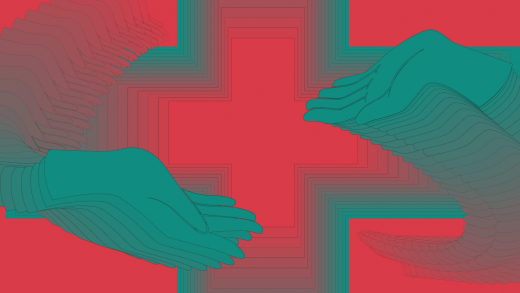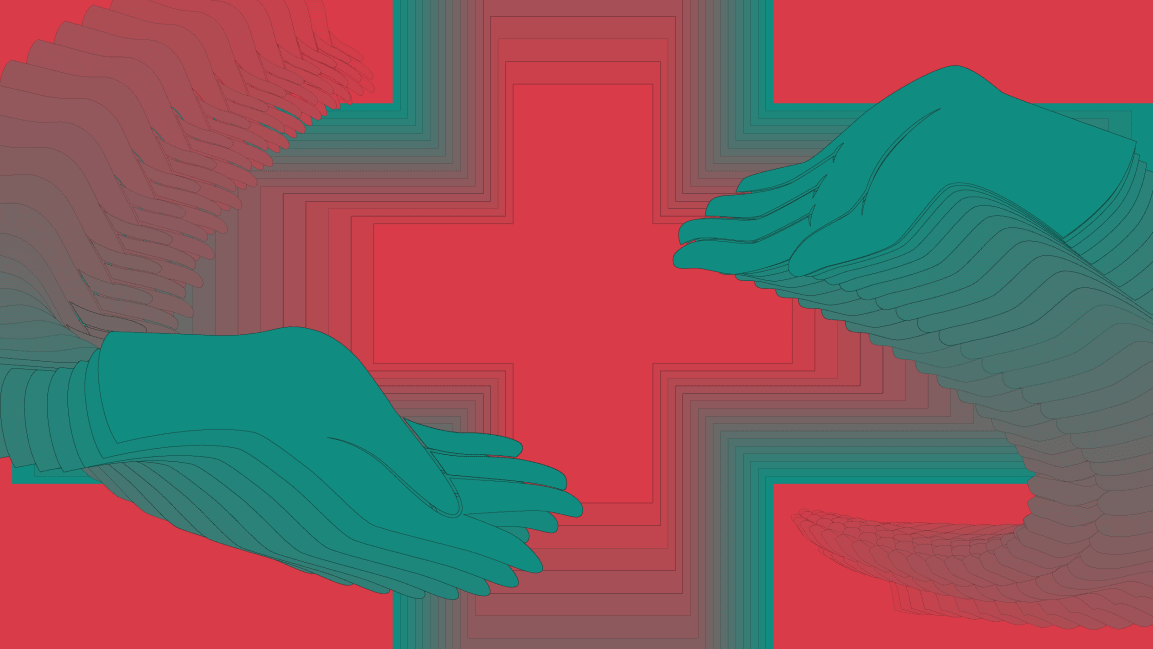50 million Americans have helped crowdfund someone’s medical bills
Whether they need medicine to manage a chronic illness or emergency care after an accident, Americans are struggling to pay their medical bills. Facing sky-high out-of-pocket costs, many have turned to crowdfunding sites, asking family, friends, and even strangers to give what they can. And those family, friends, and yes, even strangers, are giving: One in five Americans say they or someone in their household have contributed to a crowdfunding campaign to pay for someone else’s medical bills or treatments, according to a new survey.
As part of the AmeriSpeak Spotlight on Health survey series from the National Opinion Research Center (NORC) at the University of Chicago, researchers polled a nationally representative sample of 1,020 people across the country about their participation with medical-related crowdfunding projects. Though there have been plenty of news articles about such crowdfunding campaigns on sites such as GoFundMe, Susan Cahn, senior research scientist at NORC, says that there hasn’t yet been a national survey asking how many people have created or contributed to these kinds of campaigns.
Sixty percent of respondents said that the government should be responsible for paying for the healthcare of those who can’t afford it.”
The survey found that an estimated 8 million Americans started a crowdfunding campaign to pay for the medical expenses of themselves or someone in their household, and 12 million Americans started a campaign for someone else. For the approximately 50 million Americans who have helped others by donating to these campaigns, 46% of those respondents donated to a friend’s campaign, and 61% donated to a relative, coworker, or acquaintance.
In a country where even people with employer-sponsored health insurance have reported skipping meals in order to afford medical care, or forgoing that care altogether because of the cost, and where the number-one trigger for personal bankruptcy is medical bills, it’s not surprising that people are asking for help, and that people are willing to help those they care about. What stood out to Cahn, though, was the fact that more than a third of Americans said that they donated to someone who they did not know personally. “This is the first time we know how Americans are helping each other, and that a large number of Americans are donating to people that they don’t personally know who have unmet medical needs,” she says.
Even though a lot of Americans are both asking for help and helping each other out when it comes to medical bills, they don’t think it should be their responsibility to do so. Sixty percent of respondents said that the government should be responsible for paying for the healthcare of those who can’t afford it. “It’s important to note that while Americans are donating to family and friends and even strangers, they think the government has a lot of responsibility, as well as hospitals and clinics, to help when people can’t afford care,” Cahn says.
The survey didn’t get into specifics about the medical crowdfunding campaigns, such as what types of conditions and diseases people were creating campaigns for, what medical expenses such campaigns covered, or even how much was raised for these campaigns and if they met their goals. Cahn says that’s something a future survey will look into, but that anecdotally, there’s a broad range of reasons why people would crowdfund for their medical care, from insurance premiums to medications such as insulin. NORC researchers plan to follow up with a more systematic analysis of these campaigns, Cahn says, and “look a little bit more at what’s happening when people are using crowdfunding to raise [funds] for medical care.”
(13)



